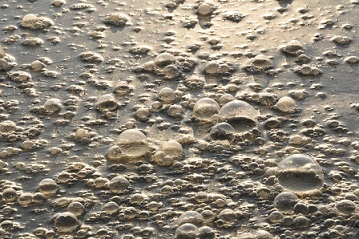 We’ve been told for years that we have to drink eight glasses of water every day. Most of us struggle to get through that much. But did you know you can drink too much water? What actually happens when a person drinks too much water is it lowers the concentration of sodium in the blood. This causes the brain to swell, which can lead to a feeling of lethargy, unconsciousness even a coma or death.
We’ve been told for years that we have to drink eight glasses of water every day. Most of us struggle to get through that much. But did you know you can drink too much water? What actually happens when a person drinks too much water is it lowers the concentration of sodium in the blood. This causes the brain to swell, which can lead to a feeling of lethargy, unconsciousness even a coma or death.
Over hydration is disruptive to nerve cell function and can produce symptoms of lightheadedness or mild vertigo. Because brain cells are susceptible to fluid imbalances, over hydration and water intoxication can produce neurological symptoms such as altered personality, and disoriented behavior. Water intoxication can also result in convulsions, circulatory shock, coma, and death.
Immediate medical attention is required when symptoms of over-hydration or water intoxication occur. To avoid complications, fluid intake (which is usually restricted and very slowly re-administered over many hours) should be very carefully monitored by a healthcare professional.
Can I Avoid Over Hydration?
Yes. Over Hydration and water intoxication can be avoided with careful monitoring of fluid intake when perspiring heavily, or when ill with diarrhea or vomiting.
Under these conditions, drinking plain water will not restore sodium loss nor will it adequately rehydrate the body. Because they contain sodium, naturally bottled waters can help to quickly restore sodium loss.
Consultation with a health care professional can help athletes in heavy training, and individuals who are ill, to obtain adequate fluid intake and to avoid the risk of over hydration.
Living-Water sells water coolers in London and rent water dispensers.





